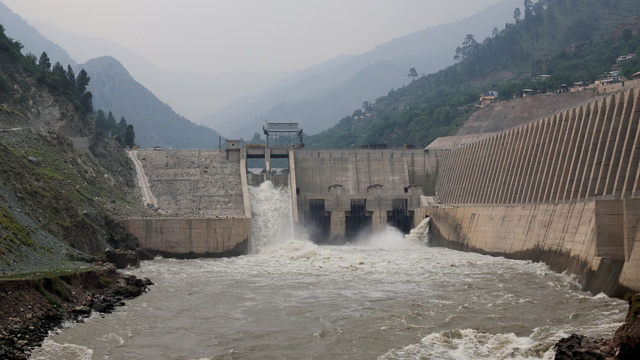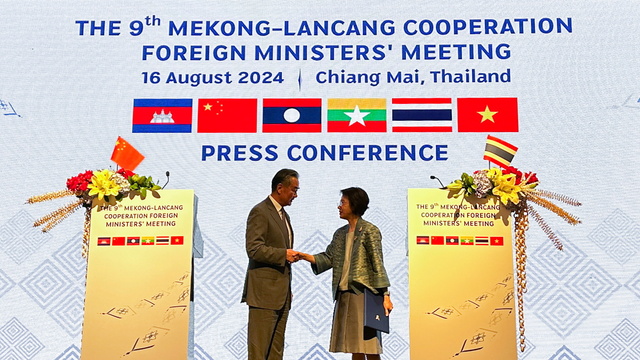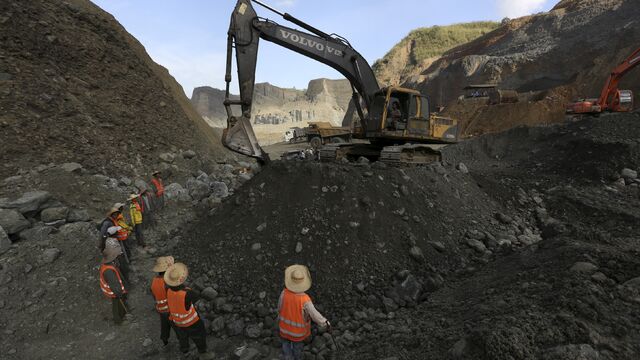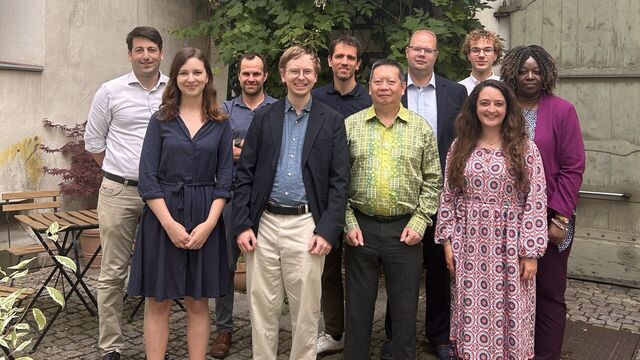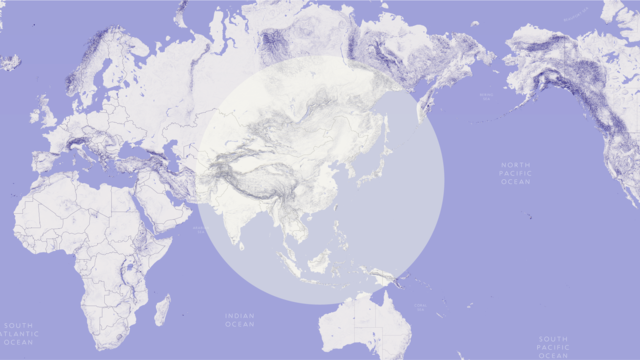Rare Earth Mining in Myanmar and the Strategic Autonomy of the EU
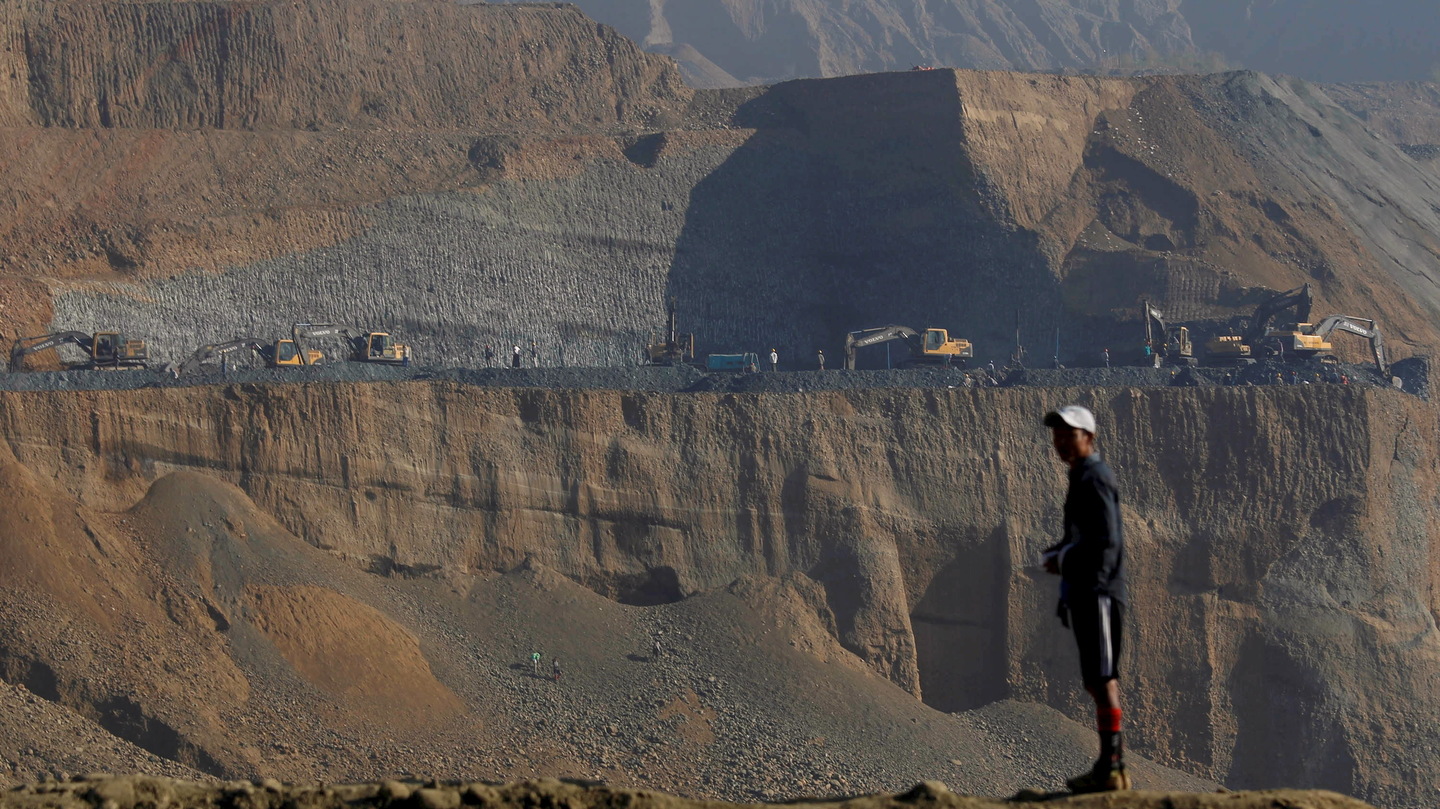
paper
How can the EU achieve true strategic autonomy when almost all of its green and digital future depends on materials extracted under unregulated and often abusive conditions in Myanmar? A new policy paper by Jan Švec and Erica Michalíková examines how China’s control over rare earth elements and its reliance on conflict-ridden Myanmar have turned supply chains into a geopolitical vulnerability for Europe.
The EU’s dependence on China for heavy rare earth elements (HREE)—crucial for electric vehicles, wind turbines and defence technologies—has become both an economic security and ethical challenge. According to Jan Švec from the Institute of International Relations Prague and Erica Michalíková from Sciences Po Paris, Beijing’s latest export restrictions in October 2025 have exposed the fragility of Europe’s supply chains. Much of the material imported from China originates from illegal mines in Myanmar’s Kachin State, where Chinese companies operate in cooperation with armed groups and where labour exploitation and severe environmental damage are widespread.
The authors argue that the EU must move from strategy to concrete action by accelerating the implementation of the Critical Raw Materials Act (CRMA), equipping it with a dedicated budget and an executive body able to coordinate projects across Member States. They further recommend that the EU demand maximum transparency and traceability in critical raw material supply chains. Where verification is impossible—as in Myanmar’s mining regions—imports should be treated as high-risk and excluded under the Forced Labour Regulation and the Corporate Sustainability Due Diligence Directive.
The paper highlights that Europe’s green and digital transitions cannot rely on supply chains that perpetuate human rights violations and environmental destruction. Strengthening strategic autonomy in critical raw materials is therefore not only an industrial necessity, but a test of the EU’s credibility in upholding its own values. But can the Union act fast enough to reduce its dependency on China without endangering its technological ambitions?
Read the full policy paper bellow.
